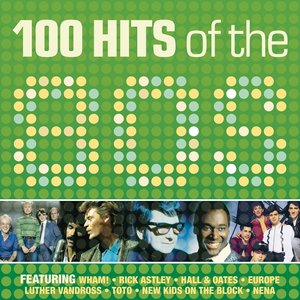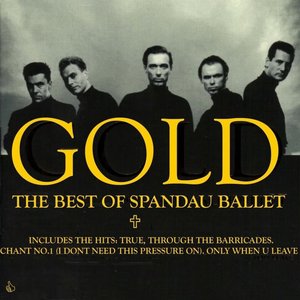Wiki
-
Length
3:25
Against All Odds (Take a Look at Me Now) (also simply titled "Against All Odds") is a song originally written and recorded by British singer Phil Collins. The song was the main theme for the 1984 film of the same name, and first appeared on its soundtrack. It is a ballad in which its protagonist implores his/her ex-lover to "take a look at me now", knowing that reconciliation is "against all odds" but worth a try. It has been covered by several artists.
Originally titled "How Can You Just Sit There?", the song was initially from the sessions for Collins' debut solo album Face Value (1981), and it was one of about a dozen written for his first wife, who left him. Phil Collins released the song on the soundtrack to the film Against All Odds, and it was produced by Arif Mardin. Rob Mounsey played piano and keyboard bass, Collins sang and played the drums with his (and Hugh Padgham's) trademark gated reverb sound, and a string arrangement by Mardin completed the production.
According to Collins in a 1985 interview with Dan Neer; "We recorded the song in two days: One day in New York, the other in Los Angeles. The mixes were done by phone and the song went to Number 1. I couldn't believe it." It peaked at number two in the UK upon its release as a single in 1984 (see 1984 in music) and became Collins' third top ten single there, and it peaked at number one on the U.S. Billboard Hot 100 for three weeks, from 15 April to 5 May 1984. It replaced "Footloose" by Kenny Loggins, and was replaced by Lionel Richie's "Hello". It is the first of six songs by Collins written specifically for a film soundtrack to appear on the Hot 100. It also became Collins' only number one single on the Mainstream Rock Tracks chart as a solo artist, although he would achieve two other number ones on this chart with his band, Genesis.
"Against All Odds" won the Grammy Award for Best Male Pop Vocal Performance in 1985, and it was also nominated for the Academy Award for Best Song. Collins was the only nominee in the category not invited to sing his song on stage, and sat in the audience as Ann Reinking performed it. His perceived negative reaction shown on the telecast is considered to be one of the most awkward moments in the history of the ceremony, and has been a favourite reference for Dennis Miller to relate someone reacting in a horrified fashion.
When another song Collins performed for a movie, "Separate Lives" was being nominated for an Academy Award, in interviews about the original snub by the Academy for "Against All Odds", Collins would jokingly say "the hell with him - I'm going up too," referring to if the Stephen Bishop written song were to win the award.
The song's music video, directed by Taylor Hackford, and produced by Jeffrey Abelson, was an early example of a highly conceptual approach to creating hybrid movie/music-videos that producer Abelson pioneered. Echoing the love triangle theme of the film, Collins is seen performing in front of a wall of rainwater that's alternately lit red, blue, and green – each colour representing one of the 3 main characters in the film. It is this colour schematic that is used as an organic segue to and from character-specific scenes in the movie. The final scene pulls back from Collins to reveal him standing in the middle of a water-filled triangle formed from neon tubes in the same 3 colours – completing the visual concept as the three main characters are superimposed around the neon triangle's three sides. The concept for the video was created by Keith Williams, a Welsh-born writer who had already worked with Abelson on the video for "Dancin' With Myself" (Billy Idol) and would go on to also create concepts for "Holding Out for a Hero" (Bonnie Tyler) and "Ghostbusters" (Ray Parker, Jr.) for the same producer as well as "Say You Say Me" (Lionel Richie) from "White Nights" which Taylor Hackford also directed.
A #1 MTV video for several weeks, MTV ranked it as #4 in its 1984 year-end top 20 video countdown.
Track descriptions on Last.fm are editable by everyone. Feel free to contribute!
All user-contributed text on this page is available under the Creative Commons Attribution-ShareAlike License; additional terms may apply.
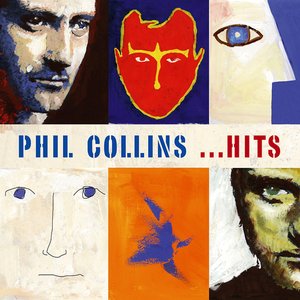
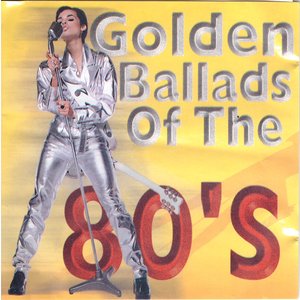


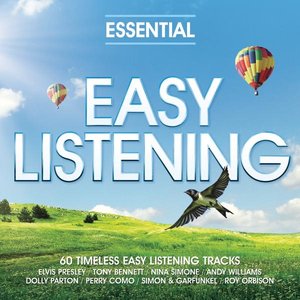
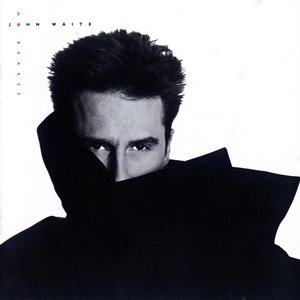
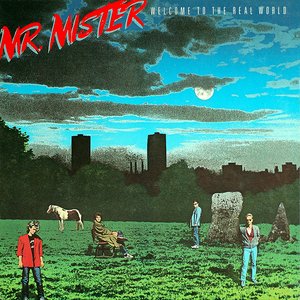
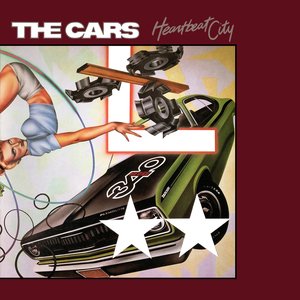
![4 [Expanded]](https://lastfm.freetls.fastly.net/i/u/300x300/06434626c857458b85737125b8d79067.jpg)
